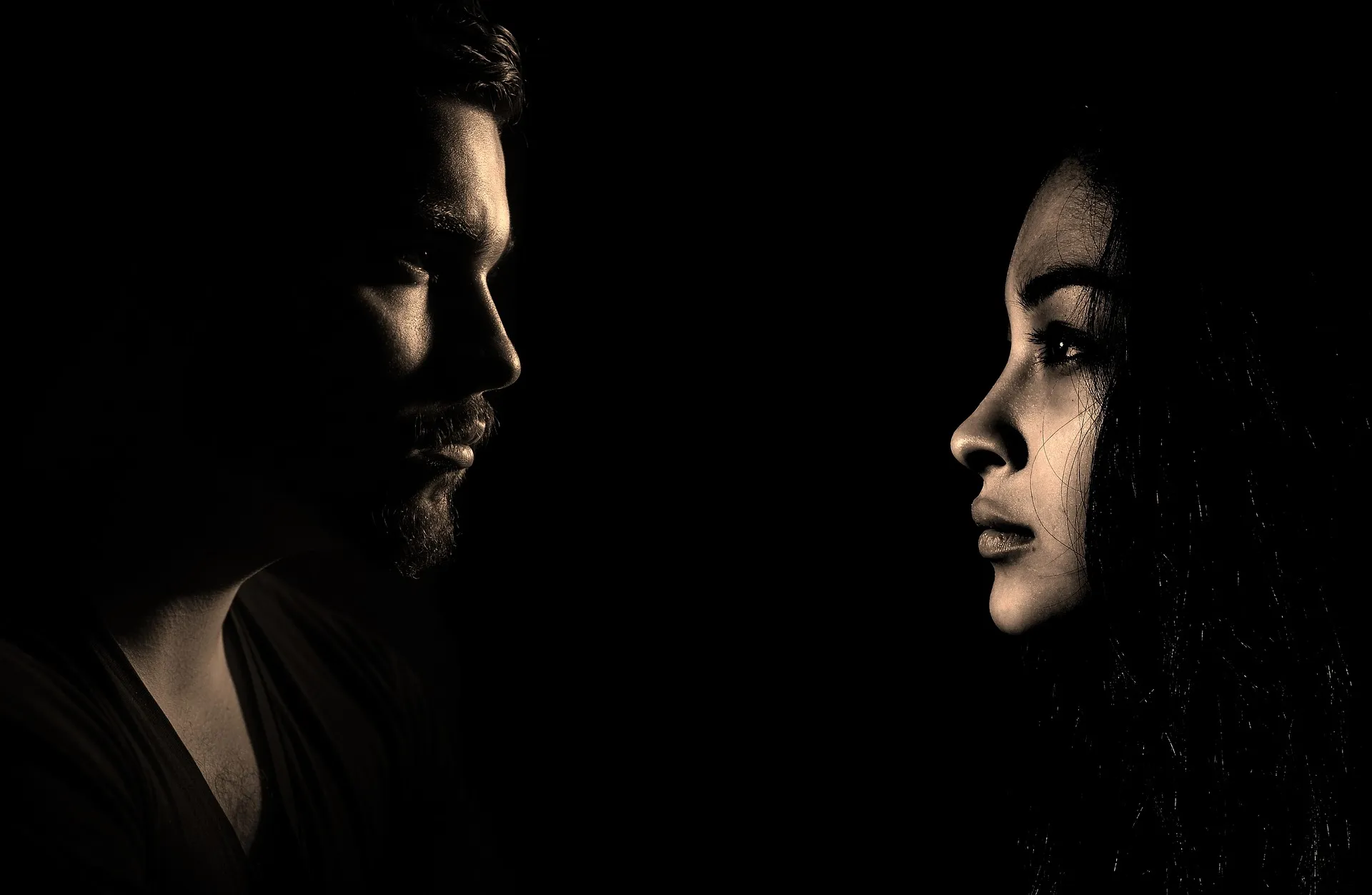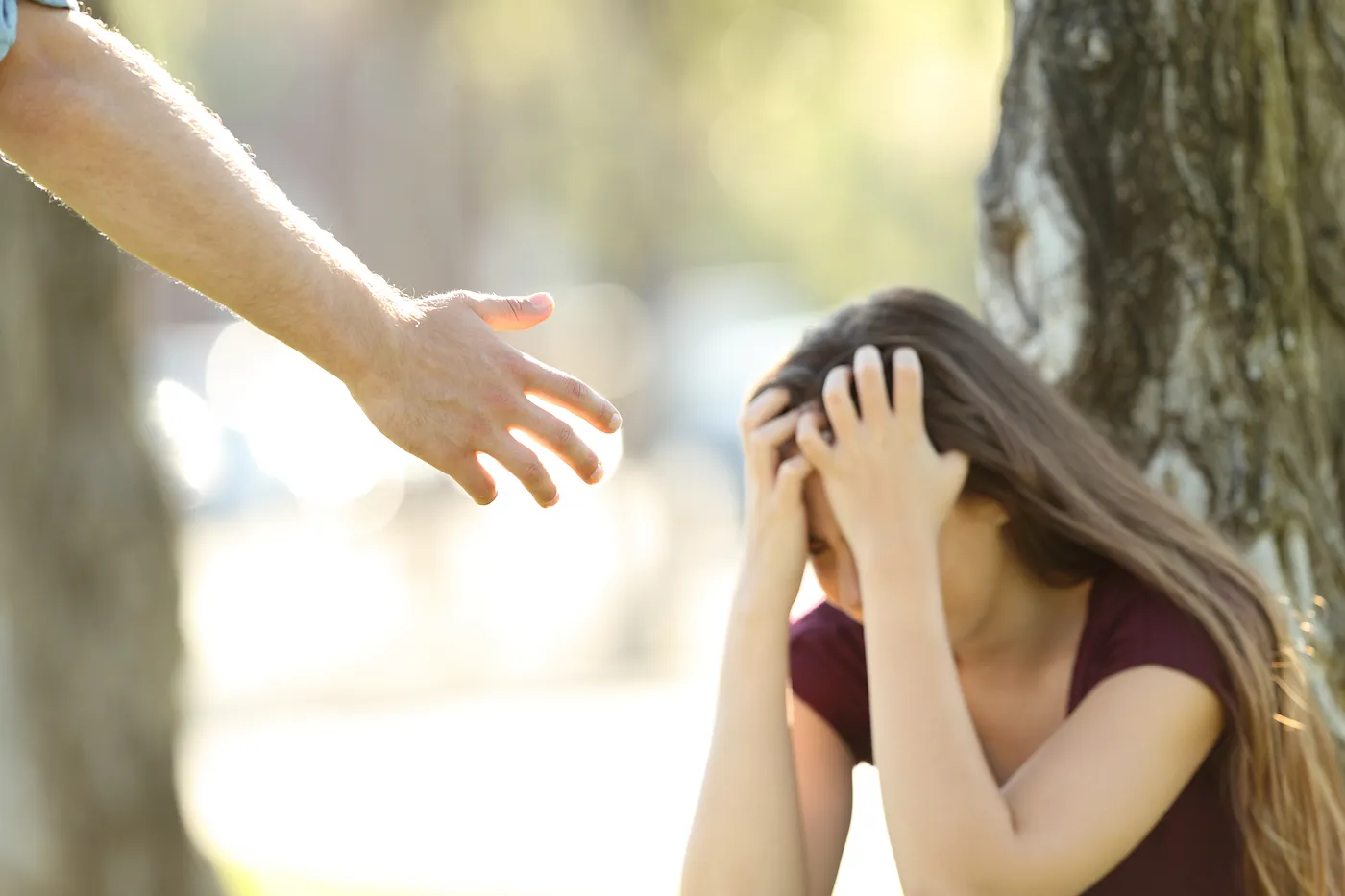You may think you know what addicts are like. But do you really?
The opioid crisis has been generating more and more awareness than ever before. And with someone dying from an opioid overdose every 11 minutes,it’s really no wonder.
Have you ever known someone who’s been addicted to opioids? Chances are you all have; you just may not have known it.
Us addicts don’t like to shout from the rooftops we have a problem, we hide it as best we can and go about our lives. We don’t want to appear different from anyone else because deep down, we aren’t really.
I was addicted to Vicodin for 2 1/2 years following surgery. After successfully tapering off, I didn’t fully recover until another year and a half after that. And, the emotional part took even longer. Here’s what I learned along the way:
Opioid addiction often happens involuntarily.
I was prescribed Vicodin following surgery when I was in an intense amount of pain. I’d never heard of opioids or the dangers they present: I had no idea what I was getting into.
All I knew is I was in more pain than I’d ever been in and just needed it to go away. Plus, my doctor prescribed it, so how bad could it be?
Although opioids are controlled substances, in my case, they weren’t. I was given as much as I wanted and even told I needed a lot for the amount of pain I was in.
When I started to wonder if I shouldn’t still be taking them after two months, my doctor told me not to worry. He said it was fine; I needed the medication and since he was the professional, I kept popping pill after pill.
I had no idea what Vicodin would do to my brain and my body. No idea.
Verywellmind explains it like this:
“Opiates work by binding to specific receptors in the brain, thus mimicking the effects of pain-relieving chemicals that are produced naturally. These drugs bind to opiate receptors in the brain, spinal cord, and other locations in the body. By binding to these receptors, they block the perception of pain. Opiates can block pain and cause feelings of well-being, but they can also cause side effects such as nausea, confusion, and drowsiness.
In addition to relieving pain, opiates can lead to feelings of euphoria. While they are often very effective in treating pain, people can eventually develop a tolerance for these drugs, so they require higher doses to achieve the same effects. As the effects of opiate drugs become more tolerated, people may begin taking increasingly higher doses to experience the same pain-relieving effects and to reduce symptoms of withdrawal.”
Withdrawal can make you do crazy things.
Once you’re addicted to opioids, you’ll do anything to prevent withdrawals. And since your body starts needing more and more to get the same effect, you start looking for additional doctors to prescribe the drug.
It’s easy to judge someone for getting multiple prescriptions from different doctors, but have you ever been in pain?
I’m not talking pain that just affects your body, but pain that affects your mind. As stated above, opioids bind to receptors in your brain.
How can you hold someone accountable for making what you perceive as poor choices, when their brains are literally being changed by the drugs?
They don’t have the clarity you have.
I did what I felt I needed to do to function. What I felt I needed to to continue going about my life as normally as I could.
But after getting Vicodin prescriptions from a few different doctors and starting a lesser opioid, tramadol, one of the doctors started to wise up.
Addicts go on living the way they do because they’re stuck. Most, myself included, can’t free themselves on their own.
When one of the doctors cut me off, I saw no option but to go back to the doctor who originally prescribed the drugs and ask for more. I was taking a crazy amount by that point, over two years had passed since my initial prescription.
This doctor did NOT prescribe me more; instead, he told me off and shamed me for taking so much.
I didn’t want to be in the position I was in, but what could I do? I was addicted. I needed the Vicodin to carry on.
I wasn’t being cut off, but I was being told I couldn’t have more. My body couldn’t go on at the starting dose without serious withdrawals, which made me pretty much incapable of doing anything.
In my case, my dad stepped in. He saw how much I was suffering and researched how to get me away from the Vicodin and get my life back together. He put together a plan that involved:
- me moving home for a while
- a strict plan to taper off the medicine over the course of several months
- exercising daily to help with the withdrawals my body was going through
- emotional support
Addiction emotionally damages you, and recovery can last a lifetime.
Although I officially “recovered,” the emotional damage is only now beginning to lift.
I went through so many years of feeling not good enough. I struggled for so long feeling like I was a failure in life, like there was nothing for me to do or accomplish.
I was one of the lucky ones. I beat my addiction and have never looked back. In 2017, more than 17,000 people died from prescription opioid overdose.
I’m thankful every day I was able to overcome my addiction. But no one really talks about what being an addict does to your mind and your self-esteem. That is a process that can take who knows how long to get better from, and some never do.
However, I did.
Putting myself back out there and simply believing in myself has led me to see that I am enough and that I have so much to give.
The next time you see an “addict,” do them the service of seeing the person behind the addiction
Because honestly? They’re just like you, but reaching out for help. They’re struggling and in need of a friend, for someone to understand and not judge. They just need someone to see them and believe in them, not their addiction.
And why can’t that be you?




